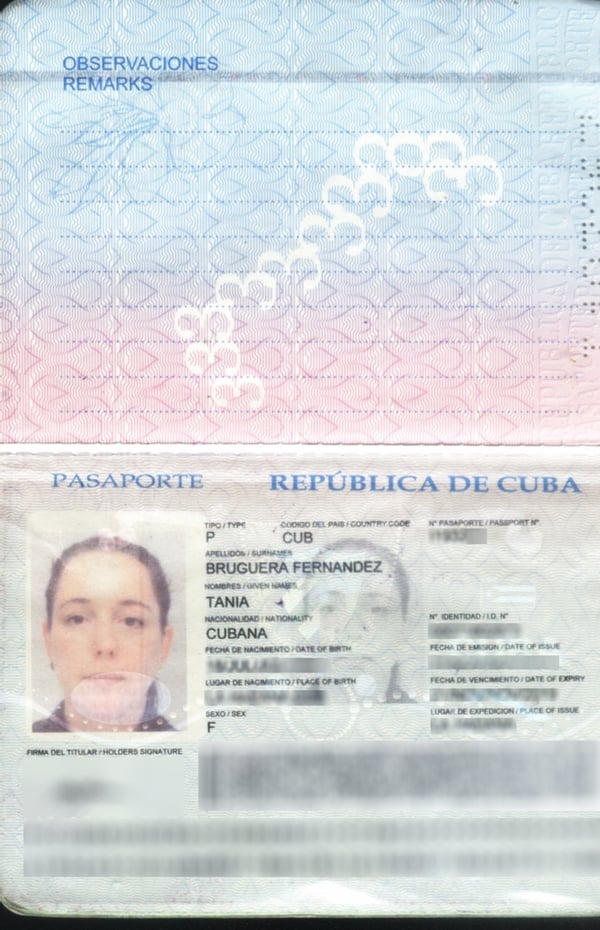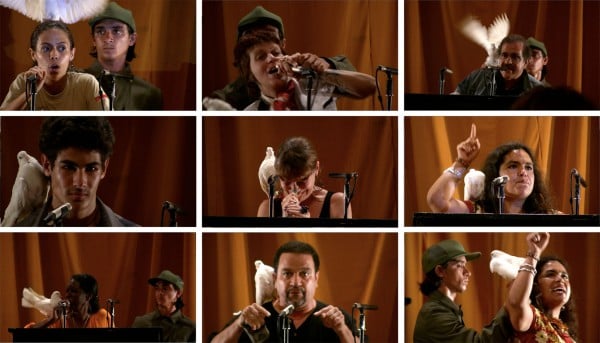People
Cuban Authorities Return Tania Bruguera’s Passport


Christie Chu

Cuban authorities have returned artist Tania Bruguera’s passport after it was seized during a political performance six months ago.
On Friday, July 10, the Cuban artist met with state security in order to retrieve her passport and secure the opportunity for future travel. However, the artist says she will not leave the country until she obtains separate legal documents that guarantee her safe return to the island.
“I’m not going to leave Cuba until I have an official document in my hands that legally guarantees that I can come back without any problems,” the artist said in a statement. Cuban authorities have reportedly promised to deliver such documents to the artist in the next two weeks.
Bruguera was previously arrested earlier this year in Havana for creating a “public disturbance” when she attempted to restage her 2009 performance, Tatlin’s Whisper #6. In January, before she was abruptly arrested and then rearrested, Brugera planned to restage the performance in Havana’s Revolution Square, which involves participants to take the stage and speak freely for one minute each. Her detention and subsequent “criminal” status sparked outrage within the international art community. In April, Creative Time organized a demonstration in New York’s Times Square to show solidarity with the artist.

Tania Bruguera. El susurro de Tatlin #6 (Versión La Habana) / Tatlin’s Whisper # 6 (Havana version) (2009).
Photo: Courtesy of art21.org/Tania Bruguera.
The artist continued to express her argument about free speech in a statement to Yo También Exijo Plataforma followers this weekend:
My argument has never been about leaving Cuba; my argument is about working so there is freedom of expression and public protest in Cuba, so that violence against those who think different politically will be penalized accordingly. In Cuba people should feel free to say what they think without fear of losing their jobs or university standing, without fear of being marginalized or imprisoned.
My wish is that someday the police at a protest will be proud that there is plurality of thought. My argument proposes amnesty and the elimination of the concept of the political prisoner, so that no one is ever again imprisoned for thinking for themselves. I don’t ever want to look into a Cuban’s eyes and see fear of saying what they think, or fear of being themselves.
My argument has always been rooted in a need for a campaign of civic literacy, so that every Cuban knows their rights as citizens and how to defend them.